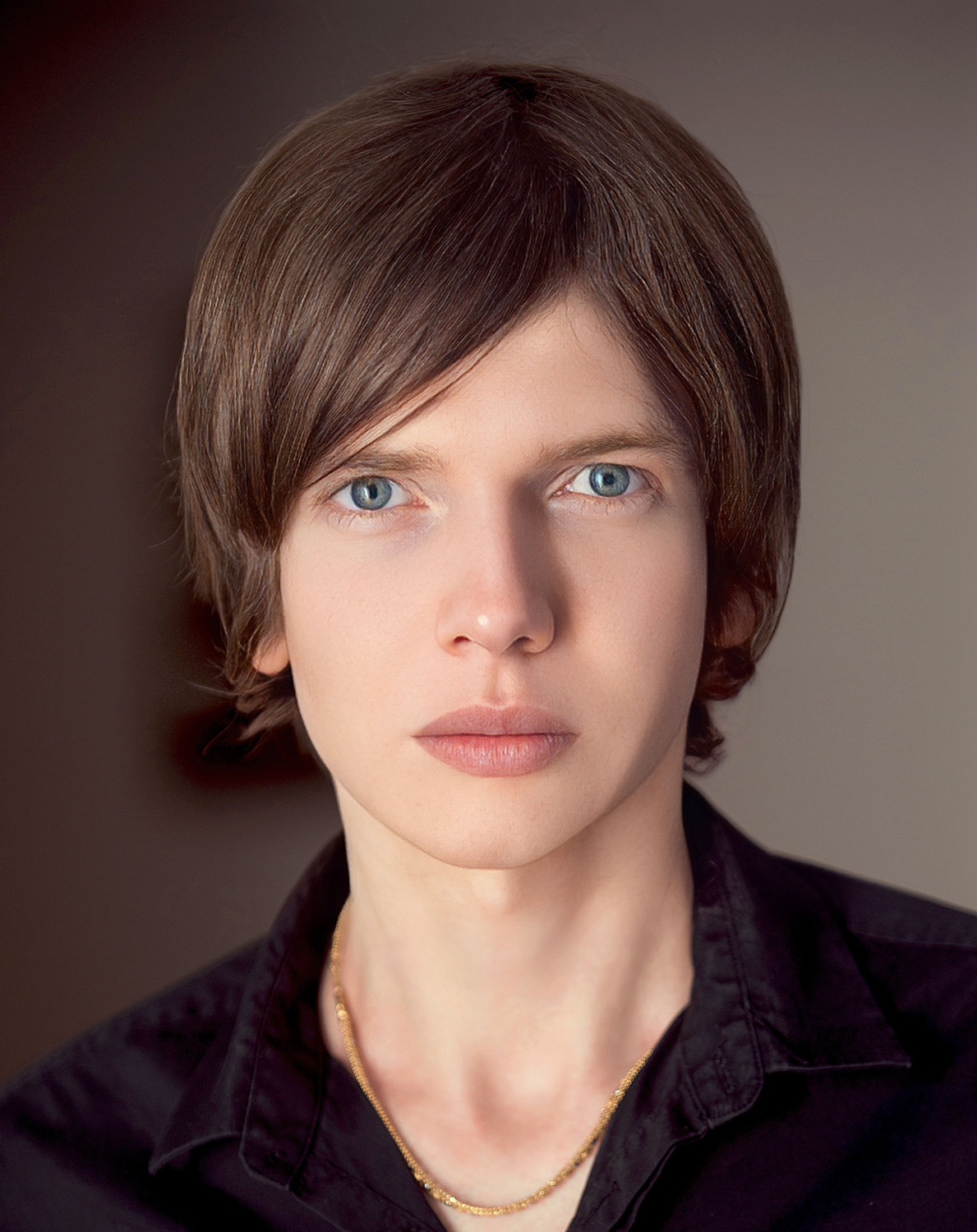Saša Milivojev
POETIC REBELLION
 The poet is a slap in the face of the system.
The poet is a slap in the face of the system.
The poet is proof that man is not a machine,
that man is not merchandise,
that the soul is not dead,
that freedom is not an illusion.
The poet is proof that truth cannot be concealed.
And that is why you fear him.
For the poet cannot be programmed.
He cannot be bought.
He cannot be silenced.
The poet is a shock to the slumbering.
He is a blow to the face of falsehood.
He is a reminder that God did not create man to be mute,
but to speak.
And when he speaks—the world trembles.
Not because the poet holds power, but because the poet
holds truth.
His silence is like a grave—in it resounds everything you
tried to hide.
The system demands obedience, but the poet offers
resistance.
The system demands silence, but the poet demands justice.
The system demands profit, but the poet offers pain.
The system demands oblivion, but the poet offers memory.
The poet is not a roof you can tear down.
He is a pillar you cannot break.
He is a root you cannot uproot.
For the poet does not belong to the earth—he belongs to
language.
And language is older than all your laws, all your false
diplomas, all your offices and institutions.
The poet is not noise; he is the whisper in the bones of
the world.
The poet does not ask permission to speak—he himself is
permission for language to be freed.
He does not seek an audience—the audience finds him, for
truth carves its own path, like water through stone.
The poet is a wound that refuses to heal, for in that
wound the world sees itself.
The poet is a mirror that does not lie—even when
shattered, each fragment still reflects.
The poet is a flame that burns to illuminate what you
hide in darkness.
You cannot imprison him in a book—for a book opens.
You cannot imprison him in a cell—for the word passes
through walls.
You cannot imprison him in silence—for silence becomes
song.
The poet is resistance, for he refuses to be a commodity,
refuses to be decoration,
refuses to be obedient.
He does not write to be loved—he writes so the world may
be unveiled.
He does not write to be celebrated—he writes so truth may
be spoken.
He does not write to be safe—he writes so freedom may be
possible.
He does not write to be pleasing.
He writes to be true.
And truth is always unsettling.
Truth is always painful.
The poet offers both serenity and unrest,
for only from unrest is freedom born.
Only from pain is truth born.
Only from resistance is man born.
The poet is a shadow that cannot be erased.
He is a trace in time.
You may ignore him, but you cannot erase him.
You may persecute him, but you cannot silence him.
You may imprison him, but he still flies.
The poet does not offer illusion—he offers a mirror.
He does not offer comfort—he offers truth.
And that is why he is persecuted.
That is why he is censored.
That is why he is ignored.
The poet is a shock to those who believe power eternal.
For the poet reveals that power lasts only as long as
fear endures.
And the poet does not fear.
The poet has walked through hell and returned with words.
The poet has seen the face of darkness and chosen to
describe it.
The poet has touched the abyss and chosen to transform it
into verse against which you are powerless.
For the poet is God’s Messenger.
Do not touch him.
Through the poet, God sends you His messages.